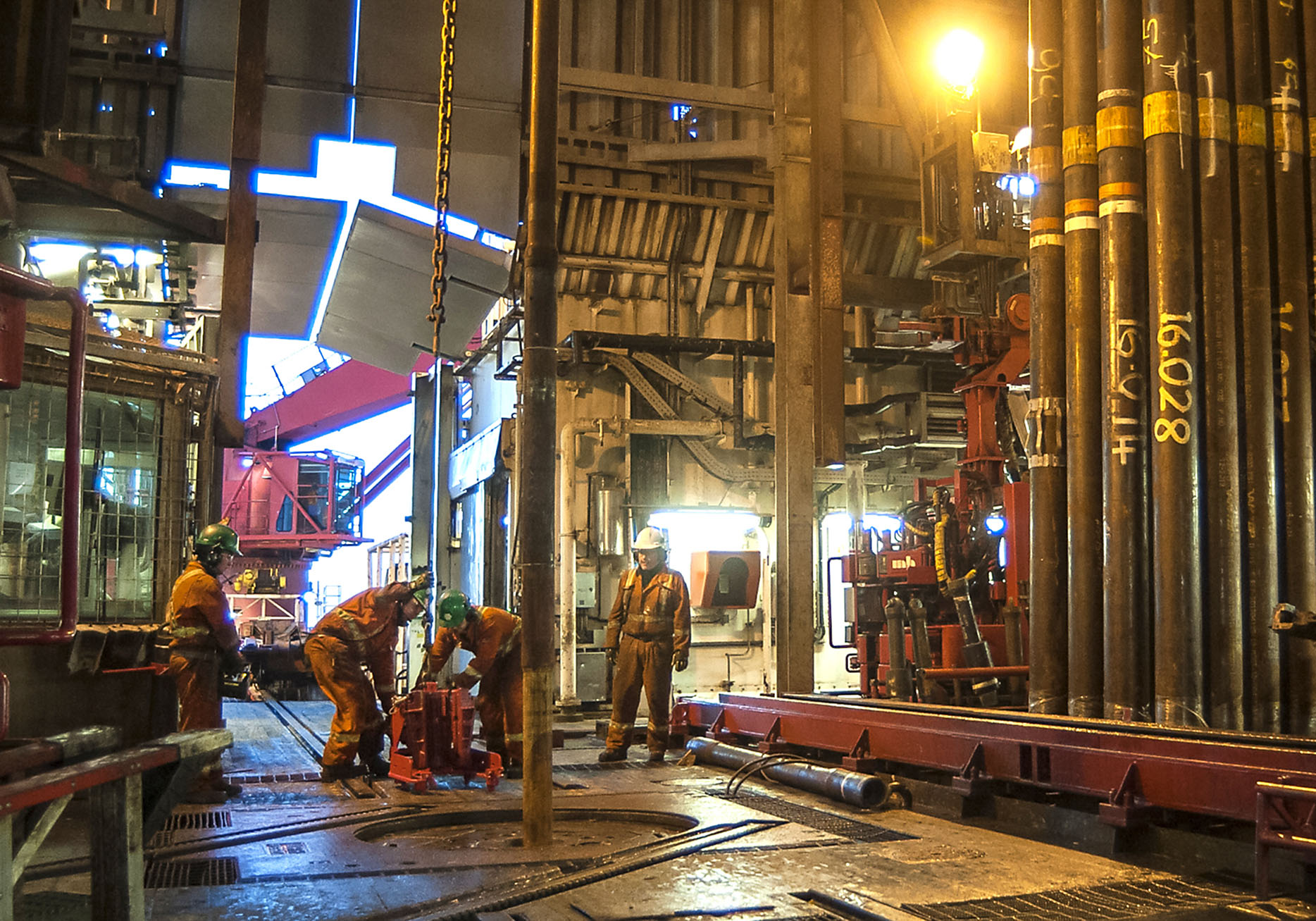Support strong Canadian climate journalism for 2025
Newfoundland and Labrador is a major step closer to developing its deepest offshore oil site at Bay du Nord, with the potential of billions in revenues and hundreds of jobs.
Premier Dwight Ball announced an agreement on Thursday with Equinor Canada, for a project expected to deliver its first oil by 2025, with an estimated operating cost of $10.9 billion.
Ball called it a “new frontier” in the province’s oil and gas industry.
“The future of our offshore begins today,” Ball told a St. John’s news conference.
The province has committed a 10 per cent equity stake in the project, which will cost $6.8 billion to get off the ground.
Work in the Flemish Pass would mark the province’s first oil project that ventures beyond the Jeanne D’Arc Basin.
The project would provide $3.5 billion in badly needed revenue to a government that was once flush with oil riches but has been cash-strapped since oil prices dropped in 2014.
But the development doesn’t have the green light just yet. Equinor Canada, formerly known as Statoil, filed an environmental assessment last month, but the Norwegian-based company has until 2020 to officially sanction the project.
The Bay du Nord project would be province’s first foray into deepwater oil production – it’s nearly 10 times deeper than Sea Rose, the province’s current deepest offshore oil site in the White Rose oil and gas field.
The remote Bay du Nord parcel in the Flemish Pass about 500 kilometres east of St. John’s lies in more than 1,100 metres of water.
It was billed as the largest global find in 2013 with an estimated 300 million barrels of recoverable crude.
Because of its equity stake, the province currently owes $89.4 million to Equinor and Husky Energy for costs paid up to December 2017.
The government estimated the creation of 500 jobs over the 12-year period when the project is operational.
Ball was joined at the announcement by Natural Resources Minister Siobhan Coady and Unni Fjaer, vice-president of Equinor’s offshore Newfoundland projects.
Fjaer said Equinor has carried out projects of similar scale and ocean depth in Finland that can be used as reference points for safety protocols and development of the Bay du Nord project.
Fjaer declined to name a cut-off oil price that would make Equinor back out of the project before the 2020 deadline.
Coady expressed hope that further development of the project would attract further investment in other unexplored deepwater basins.
“Our government is committed to advancing exploration and development opportunities,” said Coady.



Comments
In just over two years we've come a long way in Canada. From Trudeau's announcement that he was going to wean us off of fossil to fuels to now..."We can't leave it in the ground." Mother Nature who sustains us is in deep trouble.